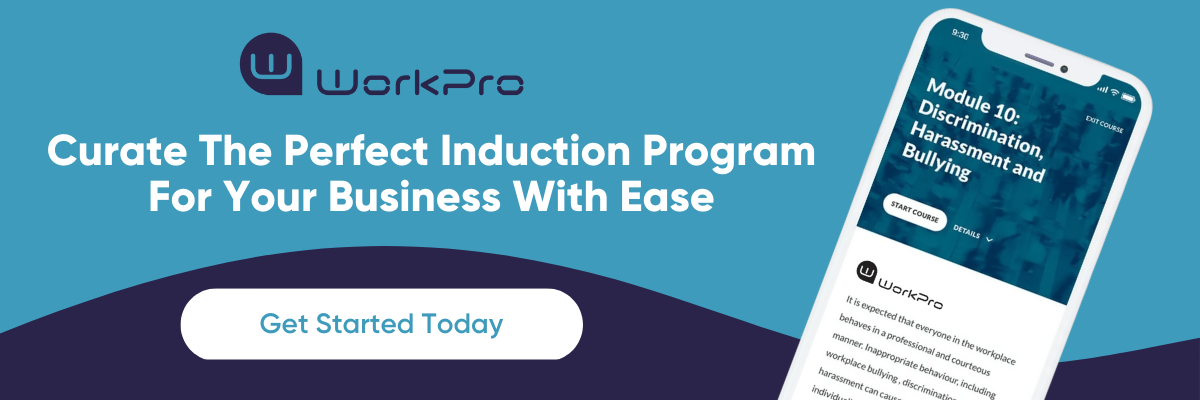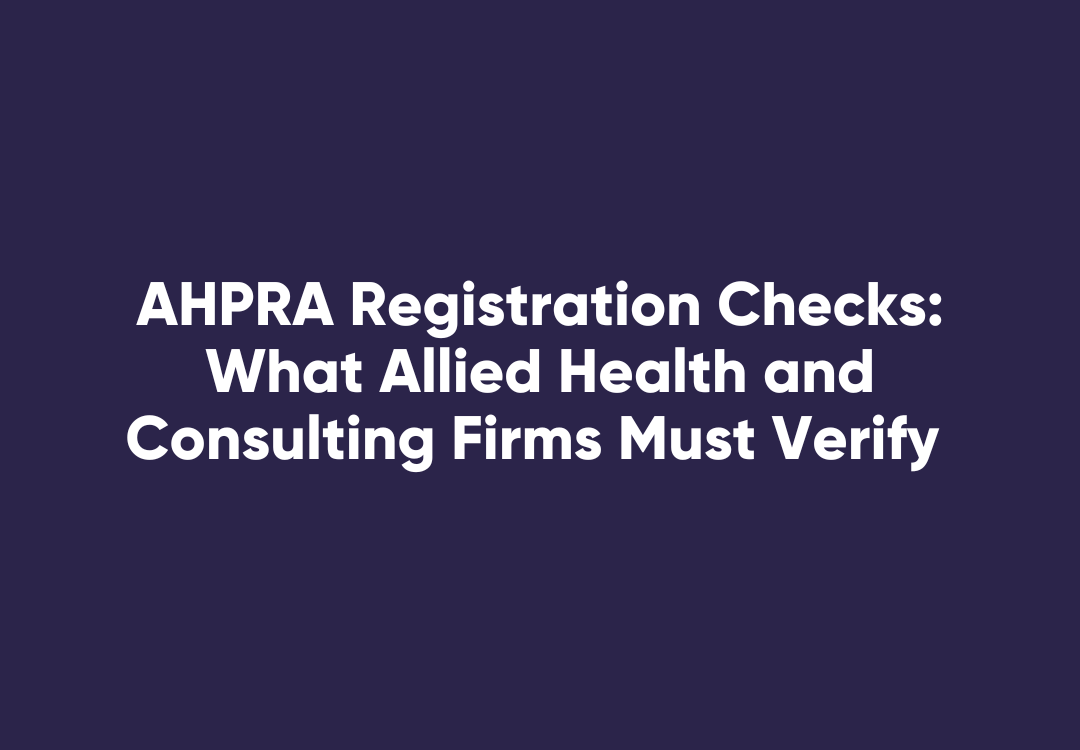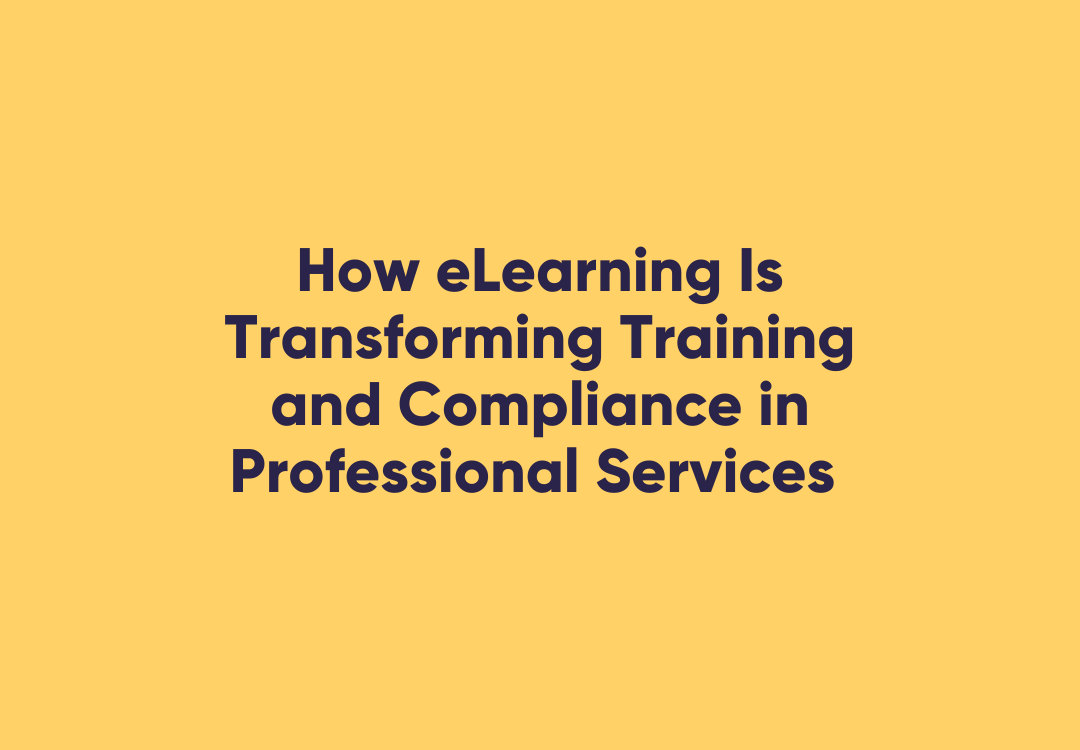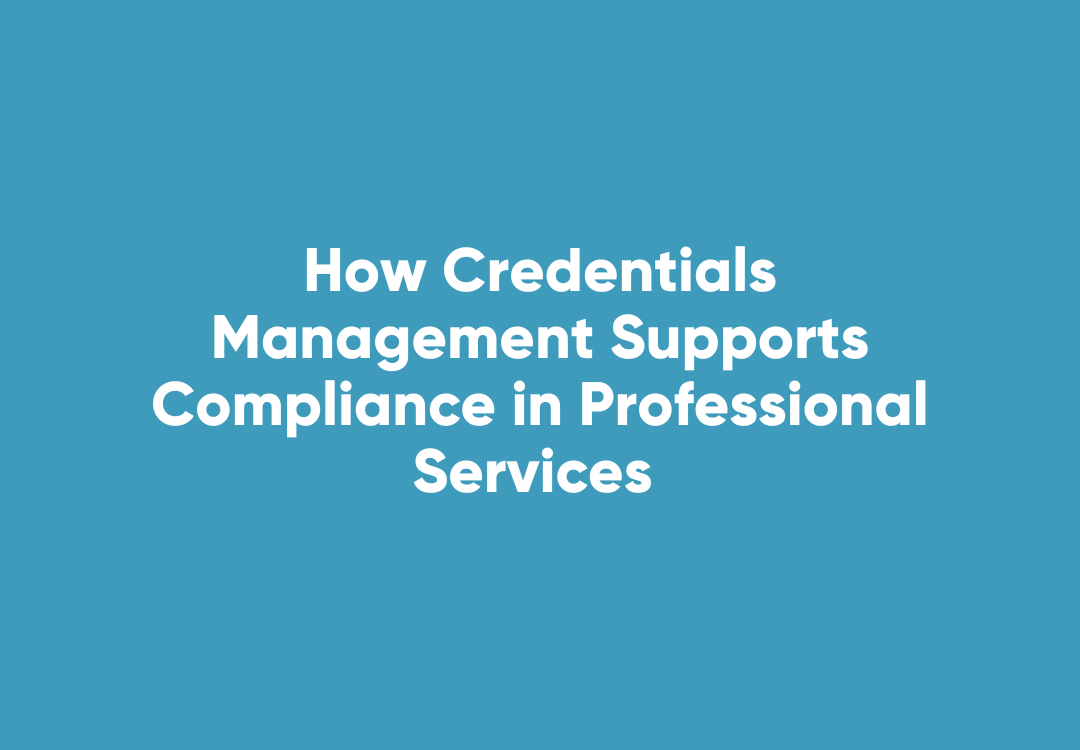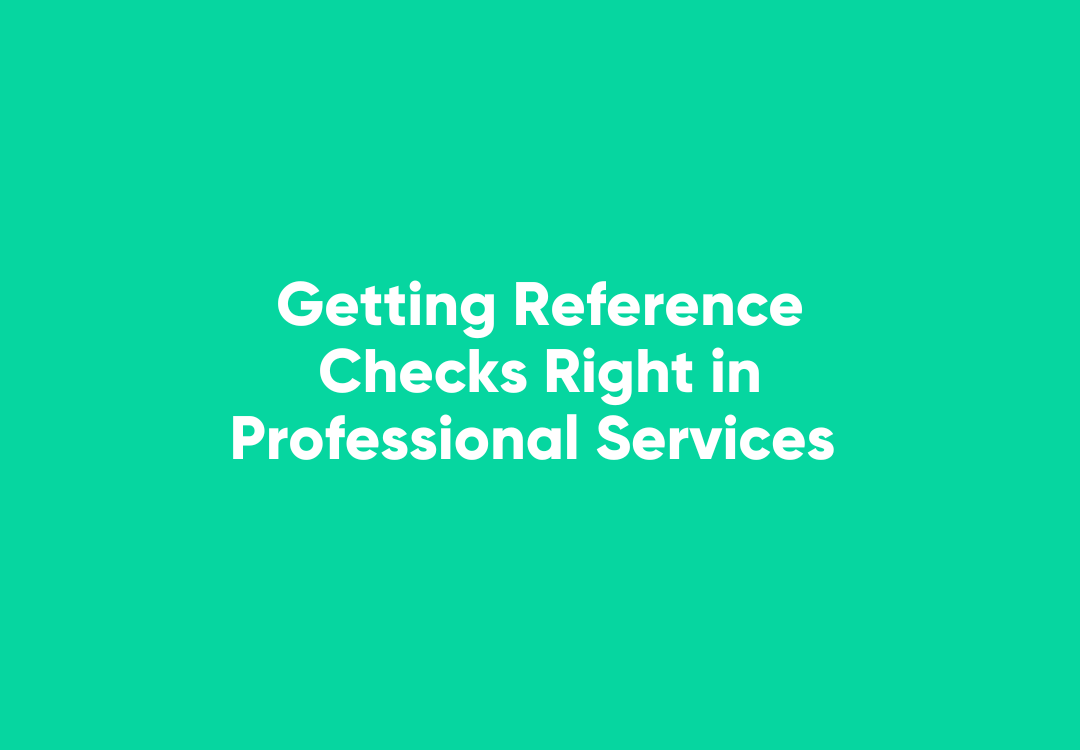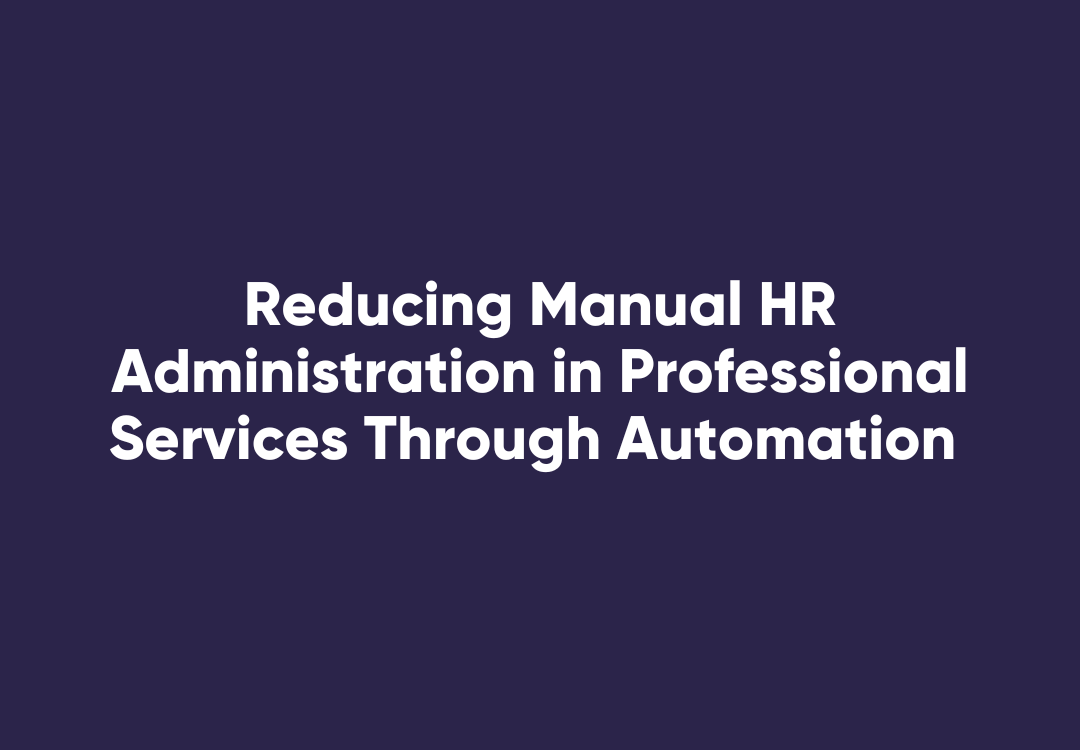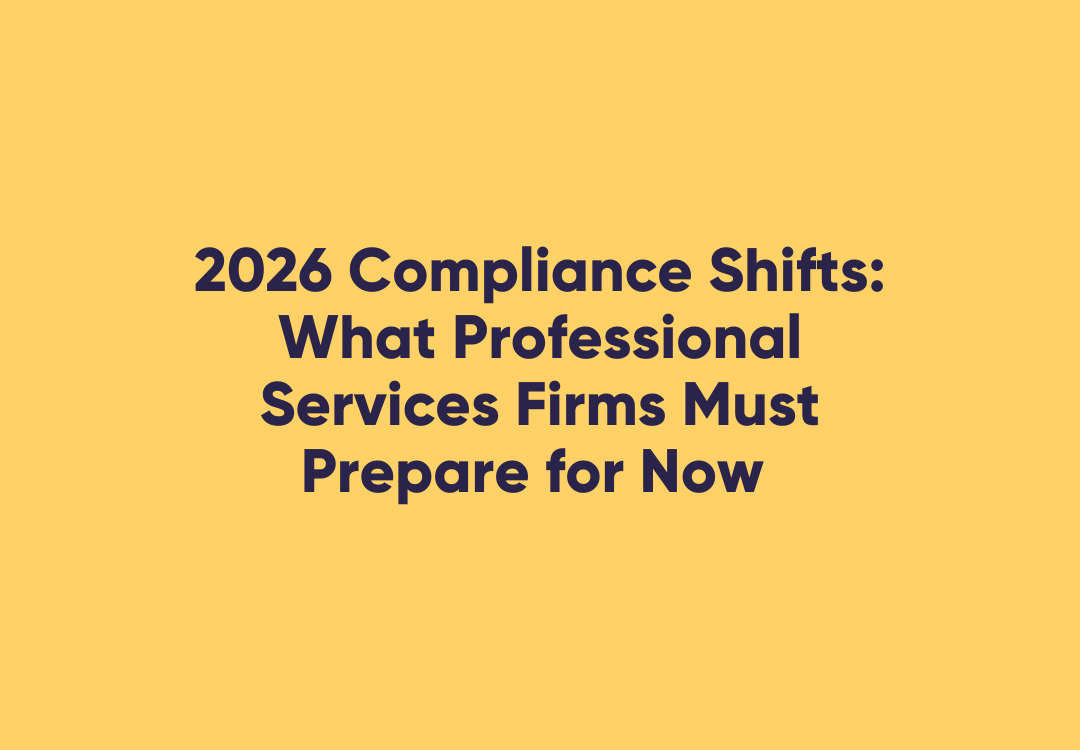Queensland’s new Code of Practice for Psychosocial Hazards at Work
On 1st April 2023, the first legally enforceable code of practice addressing psychological health risks at work took effect in Queensland.
The code of practice, developed by the Queensland Government, aims to help businesses manage psychological health risks at work, as well as promote the mental well-being of employees. The code is part of a broader push towards better workplace mental health across Australia, and it is hoped that it will set a benchmark for other states and territories to follow.
This is the first legally enforceable code of its kind in Australia, with the code’s foreword stating that "Courts may regard a code of practice as evidence of what is known about hazard, risk or control and may rely on the code in determining what is reasonably practicable in the circumstances to which the code relates."
The code applies to all Queensland workplaces and outlines the responsibilities of employers and employees as it relates to managing work related psychological health risks. It provides guidance on how to identify and assess psychological hazards, how to control and monitor risks as well as practical steps businesses can take to promote mental well-being, such as providing training, support and resources to employees.
Here's a quick rundown of when each state commenced/will commence these regulations:
· New South Wales - 1 October 2022
· Tasmania - 22 December 2022
· Queensland - 1 April 2023
· Commonwealth - 1 April 2023
· Western Australia - 24 December 2022
· Northern Territory - 1 July 2023
As far as Victoria is concerned, psychological health regulations were set to be introduced in the state mid-last year but they have not at this point.
The proposed regulations for Victoria will require employers to eliminate or minimise the risks associated with psychosocial hazards in the workplace, and to prepare a written prevention plan identifying measures to control the risk. This plan should include an implementation plan for any identified measures for aggression and violence, bullying, exposure to traumatic content or events, high job demands, and sexual harassment.
These proposed changes will apply to all workplaces, regardless of their size or composition. Under the current proposal, only workplaces with 50 or more employees will be required to report to WorkSafe Victoria on complaints related to specific psychosocial risks every six months. We will ensure to provide further updates on the Victorian regulations as they progress.
Mental health issues have become increasingly prevalent in Australia over the last few years, and the cost of mental health to businesses is estimated at $17 billion lost to the Australian economy each year due to absenteeism, presenteeism, and compensation claims.
To assist businesses adhere to the codes training and information/awareness component, WorkPro offers practical and comprehensive eLearning modules. Designed as micro-learning, they will help workers understand positive mental health and how to identify and manage work-related mental health.
Mental Health in the Workplace
Health and safety extends beyond the traditional view of physical injuries resulting from workplace incidents to things in the workplace that can harm a person's psychological health. This module covers a range of topics related to mental health in the workplace, including the definition and examples of common psychosocial hazards, the responsibilities of workers and employers as well as the importance of reporting and record keeping.
Safety in On-Hired Work
On-hire workers are individuals who are directly employed by an on-hire organisation who places them with a host company to undertake work. This module is specifically designed for organisations that place on-hire workers. It covers a range of topics related to workplace health and safety, including how to identify and manage psychological hazards, how to provide support to on-hired workers, and how to ensure that on-hired workers are working in a safe and healthy environment.
Anti-Bullying, Discrimination & Harassment
Bullying, discrimination and harassment can take many forms, so it’s vital that businesses have a larger understanding of how these issues can present in the workplace. This module covers a range of topics related to workplace bullying, discrimination and harassment, including how to identify and prevent bullying and harassment, responding to discrimination and harassment, and options on how to resolve issues and complaints.
Trying to navigate and keep up with all of the latest compliance and regulation updates can be a lot of work and often information is missed if there are a number of updates happening in quick succession.
The WorkPro eLearning module library is regularly reviewed and refreshed in line with legislative guidance, to save businesses the effort of having to regularly update their internal materials, making it easy to provide the right support and tools, as well as creating a safe, healthy, and mentally well workplace for workers.



